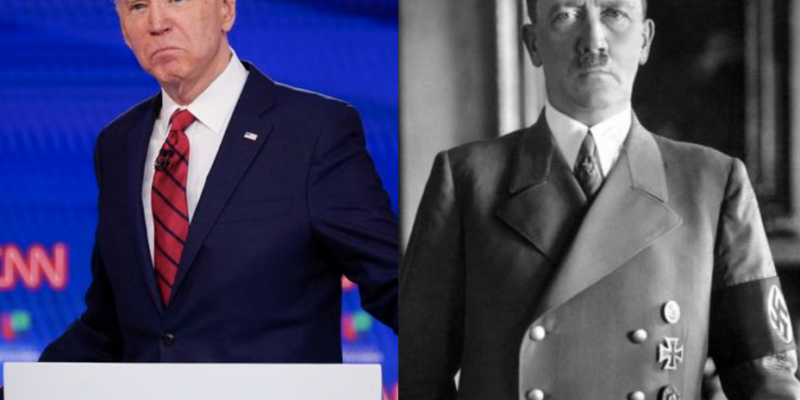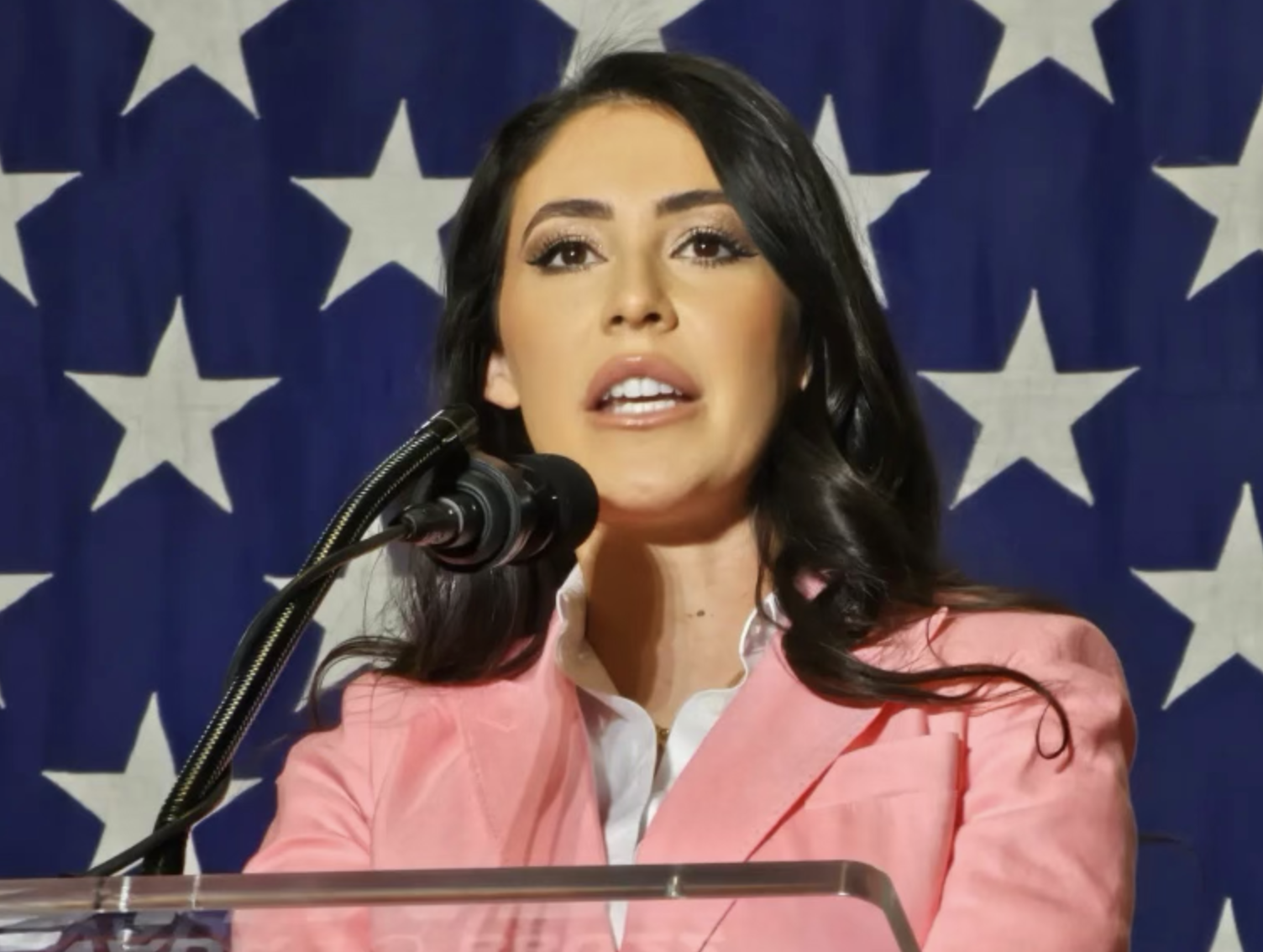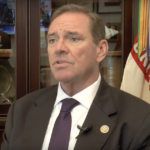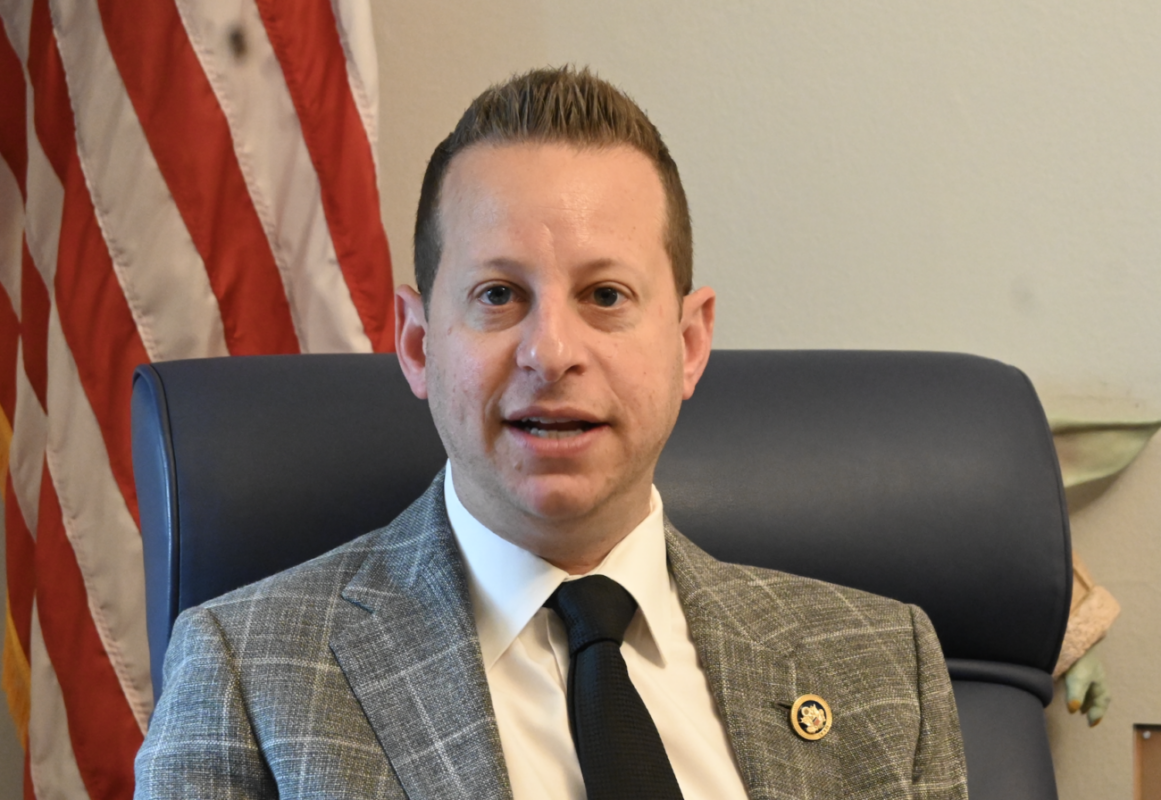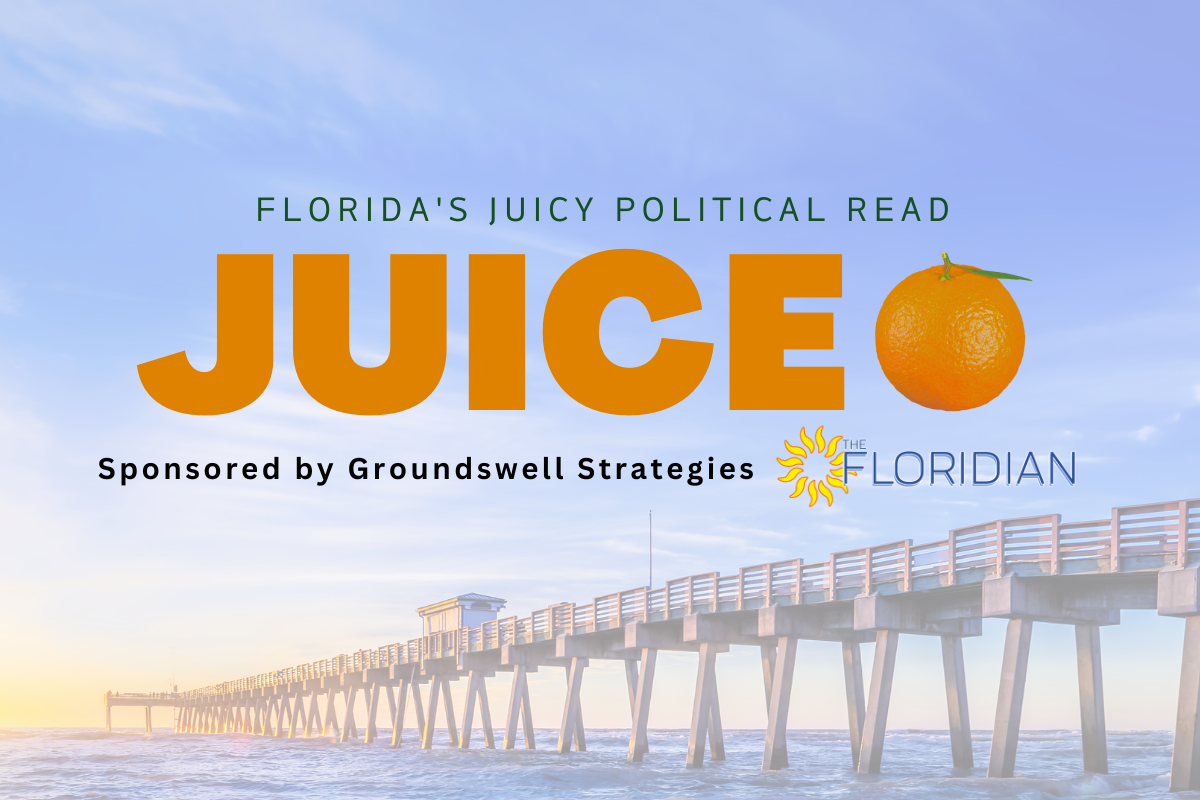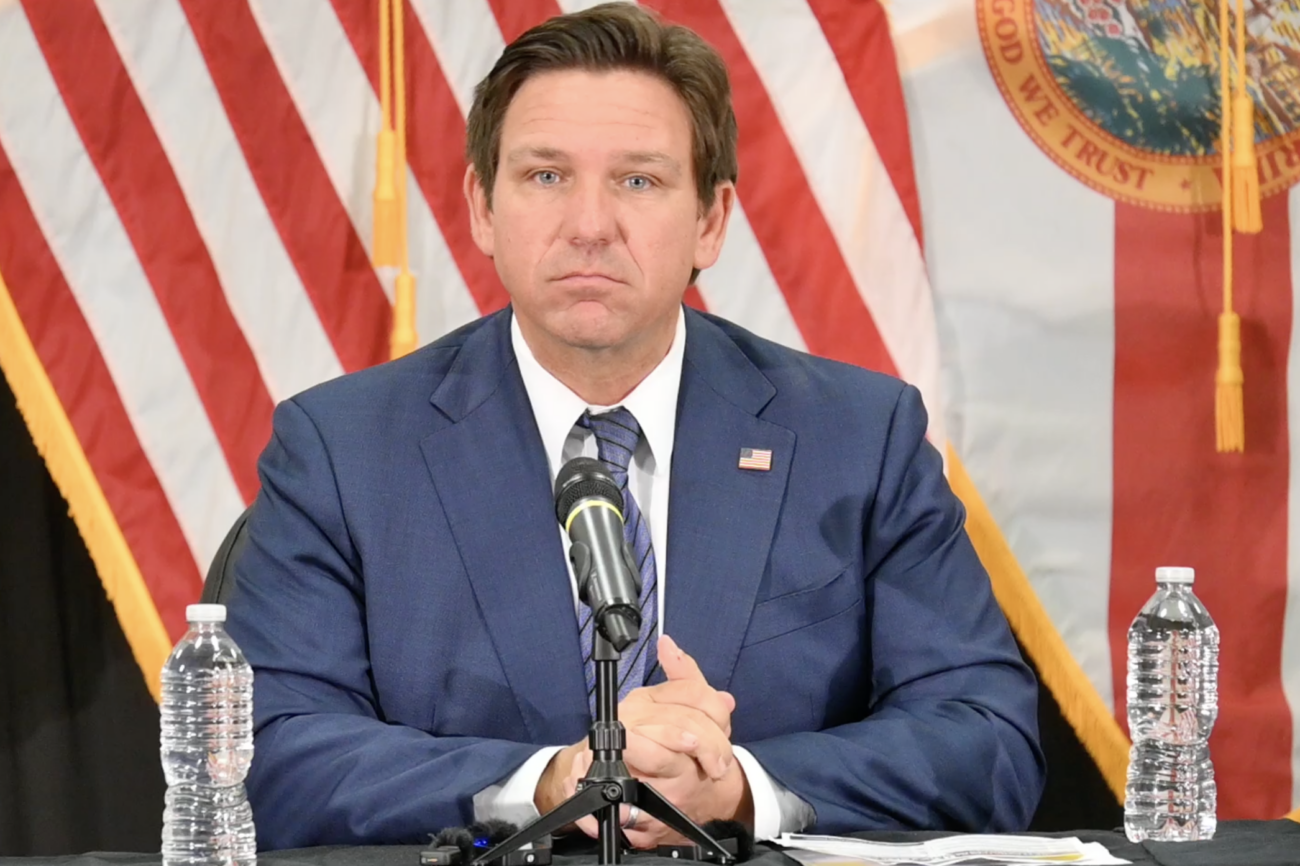It’s never a good idea to invoke or reference Adolf Hitler in any argument or conversation, but former Vice President Joe Biden did just that during the third and final debate with President Donald Trump.
When the issue of foreign policy came up, Trump said that he had a working or civil relationship with North Korea’s Dictator Kim Jong Un, saying that “We’re not in a war, we have a good relationship.”
“Having a good relationship with leaders of other countries is a good thing," Trump added.
Trump’s thoughts did not sit well with Biden, as the former vice president, for whatever reason, felt like mentioning Hitler would score him debate points.
“That's like saying we had a good relationship with Hitler before he in fact invaded Europe.” Quipped Biden.
Watch:
Trump on relationship with Kim Jong-un: "Having a good relationship with leaders of other countries is a good thing."
Biden: "That's like saying we had a good relationship with Hitler before he in fact invaded Europe." pic.twitter.com/dSMi48WIgI
— Axios (@axios) October 23, 2020
The Floridian, like many other media outlets, immediately began to fact check Biden’s claim that the U.S. had a good relationship with Hitler’s Nazi Germany before World War II.
Biden was partly wrong, as the U.S. ignored the growing Nazi threat to the world by simply playing nice.
According to a George Washington University “History News Network” entry, during the years leading up to WWII, then-President Franklin D. Roosevelt (D) tried to “maintain cordial diplomatic and economic relations” with Hitler.
“Throughout the pre-war period, FDR strove to maintain cordial diplomatic and economic relations with Nazi Germany. He sent Secretary of Commerce Daniel Roper to speak at a German-American rally in New York City in 1933, where the featured speaker was the Nazi ambassador to Washington, and a large swastika flag was displayed on stage. The president allowed U.S. diplomats to attend the mass Nazi Party rally in Nuremberg in 1937, and his administration helped the Nazis evade the American Jewish community’s boycott of German goods in the 1930s by permitting the Nazis to deceptively label their goods with the city or province of origin, instead of “Made in Germany.”
The difference between Trump’s relationship with Kim Jung Un and Roosevelt’s relationship with Hitler was that Trump actually denounced and condemned, even threatened North Korea with military force after Jung Un’s made threats to the U.S. and its allies.
Roosevelt refused to say anything remotely ill about Hitler in the years leading up to the war, even as Hitler would make veiled threats and baseless accusations against the “New Deal” president. Let's not forget that Roosevelt refused to challenge Hitler after he began to take over Europe.

